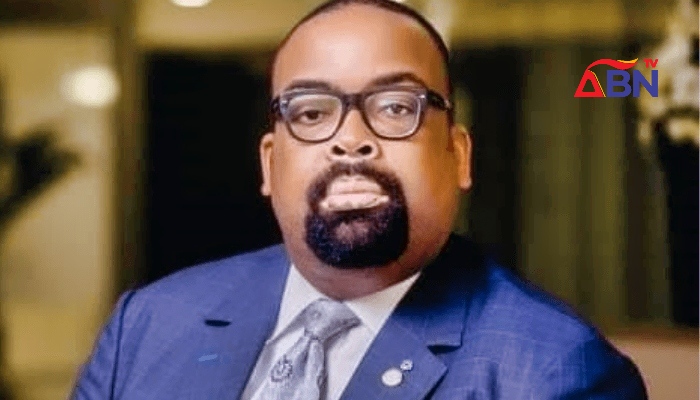The Nigeria Centre for Disease Control (NCDC) and other health agencies have tasked journalists to ensure only accurate information is pushed out to the public, especially during disease outbreaks.
The Director General of NCDC, Dr Ifedayo Adetifa gave the advice while flagging off the 2023 Media Epidemiology, Infodemiology, and Social Behaviour Change/Risk Communication (EIS) fellowship for journalists.
Adetifa noted that with the rapidly evolving situation of disease outbreaks and pandemics, journalists who play important roles in communicating information to the public should be properly equipped with the right knowledge, skills and technical capability to understand information from health experts.
READ ALSO: Demand Details Of Tinubu’s N500bn Loan Request – Shehu Sani Tells NASS
He added that it was important for journalists to understand what is required of them in their reportage whether it is of a new research, the result of drug trials or vaccine trials or the test nature of pathogens.
The NCDC boss said the fellowship will help journalists, health reporters, and health producers connect with other journalists while equipping them with world-class practical knowledge and relevant skills in proper health reporting.
He added that as disease outbreaks are inevitable, the training would help journalists be better prepared, emphasising that media professionals in that aspect would help in information management.
He recalled how some hypertensive and diabetic patients lost their lives during the Ebola outbreak following the misinformation churned out without verification that bathing with and drinking water mixed with salt would prevent Ebola disease.
In her remark, the Deputy Project Director, USAID-BA-N, Dr. Olayinka Umar-Farouk stated that effective communication would support the public to take on healthier behaviours noting that such could be achieved by equipping the media with necessary information.
She said, “BA-Nigeria believes in the power of the media as one of the most trusted channels of communication for public health messages, especially during public health emergencies. The public listens to and trusts the media. When the public trusts in the source of information they are likely to act and take on the healthy behavior.
“It is generally acknowledged that how events are covered in the media, particularly during an outbreak of an unknown disease (where fear and panic thrive), shapes what we know, think, and believe. Communication about personal preventive measures and providing the public with correct and true information are imperative during outbreaks as this information empowers the public to take responsibility for their own health.
“However, there is often uncertainty about the facts and conflicting messages disseminated by the varying media channels, leaving the public with a sense of scepticism relating to health messages.”










